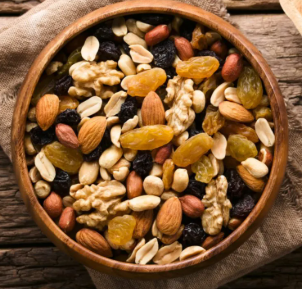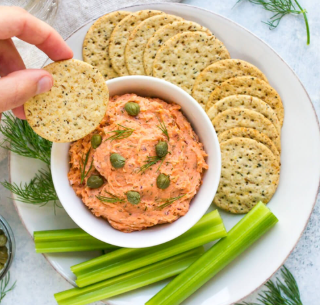Understanding the Positive Role of Friendships in Personal Growth
As students grow, they naturally begin to form closer bonds with peers.
These friendships are more than just fun — they help shape how young people see themselves and how they relate to the world around them.
Peer groups have a powerful influence on developing identity, self-confidence, and decision-making.
When these relationships are supportive and respectful, they can become a strong foundation for healthy personal growth.
What Is a Peer Group?
A peer group is simply a circle of friends or classmates who spend time together, often sharing similar interests, hobbies, or goals. These groups can form through school, sports teams, clubs, online communities, or neighborhood connections.
The Positive Impact of Peer Groups
While every group is different, many offer valuable benefits:
1. Boosting Confidence
Being accepted by peers helps students feel seen and valued. Friendly encouragement can increase self-esteem and help individuals step outside their comfort zones.
2. Encouraging Healthy Choices
Supportive peer groups often motivate each other in positive ways — such as studying together, joining activities, or setting goals. This teamwork encourages good habits and a sense of responsibility.
3. Helping Shape Identity
As students spend more time with friends, they may explore new interests, music, fashion, or ways of thinking. These experiences help shape a sense of self and create opportunities for self-expression.
4. Teaching Social Skills
Within a peer group, students learn how to communicate, cooperate, and solve problems. These are essential skills for both school and future relationships.
Navigating Peer Pressure in a Healthy Way
Sometimes, students feel pressure to fit in — and not all influences are positive. That’s why it’s important to:
-
Build self-awareness: Encourage reflection on what feels right personally.
-
Practice saying “no” politely and confidently when needed.
-
Surround oneself with people who respect boundaries and values.
Parents, teachers, and mentors can help by creating open spaces for conversation and reminding students they don’t have to change who they are to belong.
Final Thought
Peer groups are a natural part of growing up — and when guided by kindness and respect, they can play a key role in shaping strong, confident, and thoughtful individuals.
Friendships matter. They help young people learn, grow, and discover who they truly are — together.






